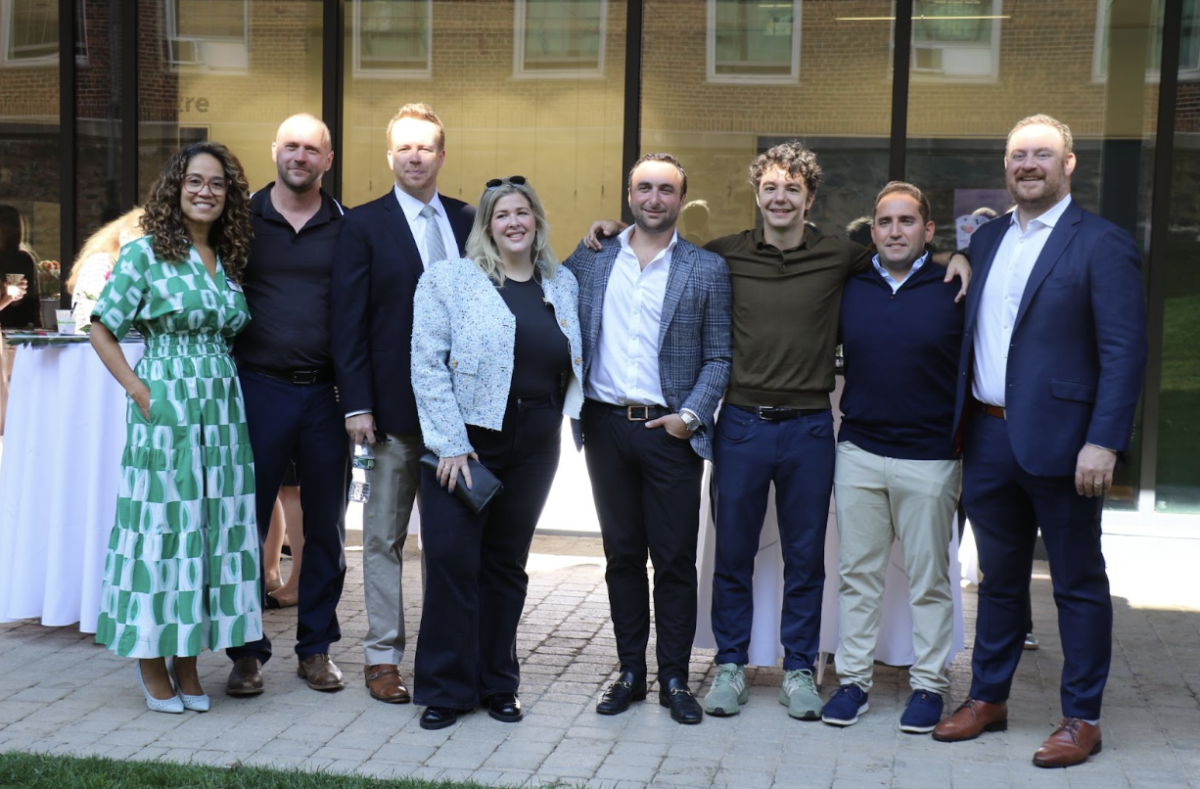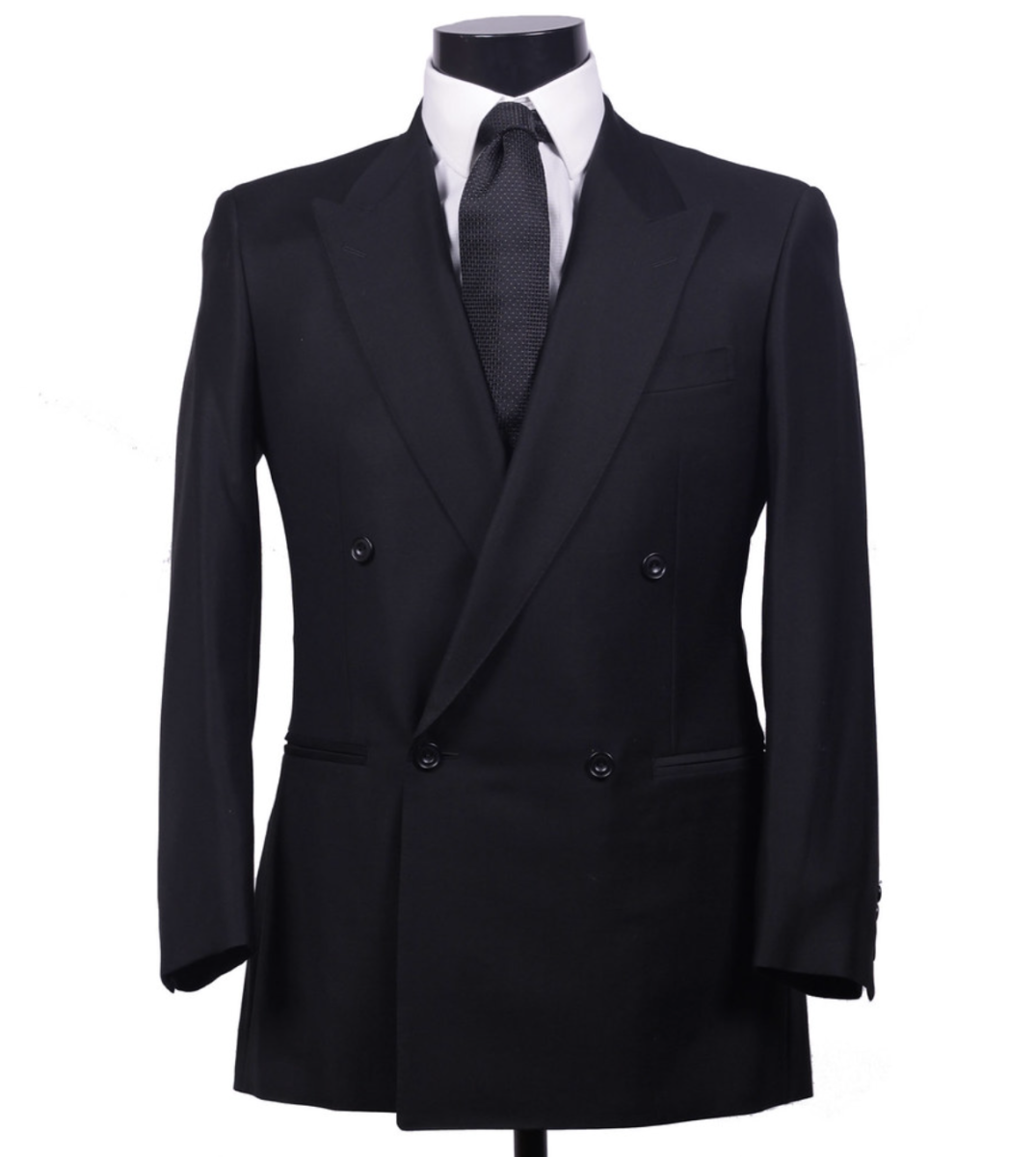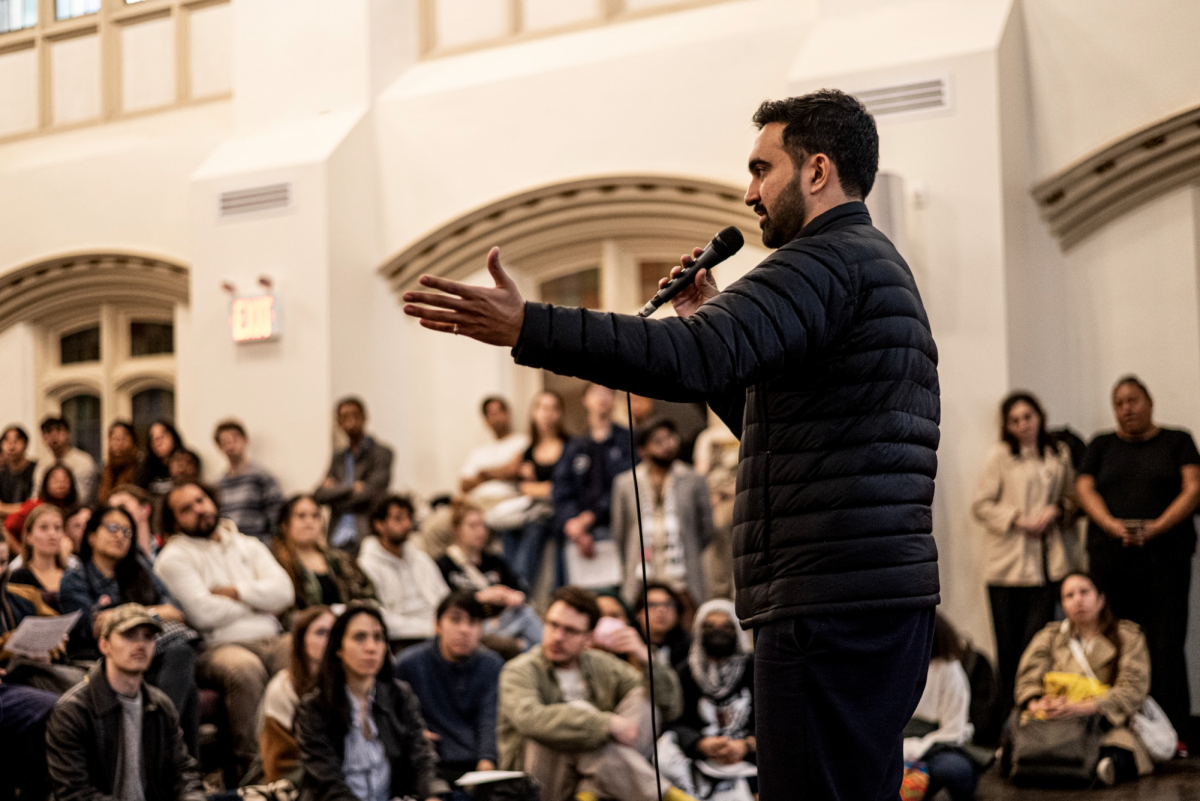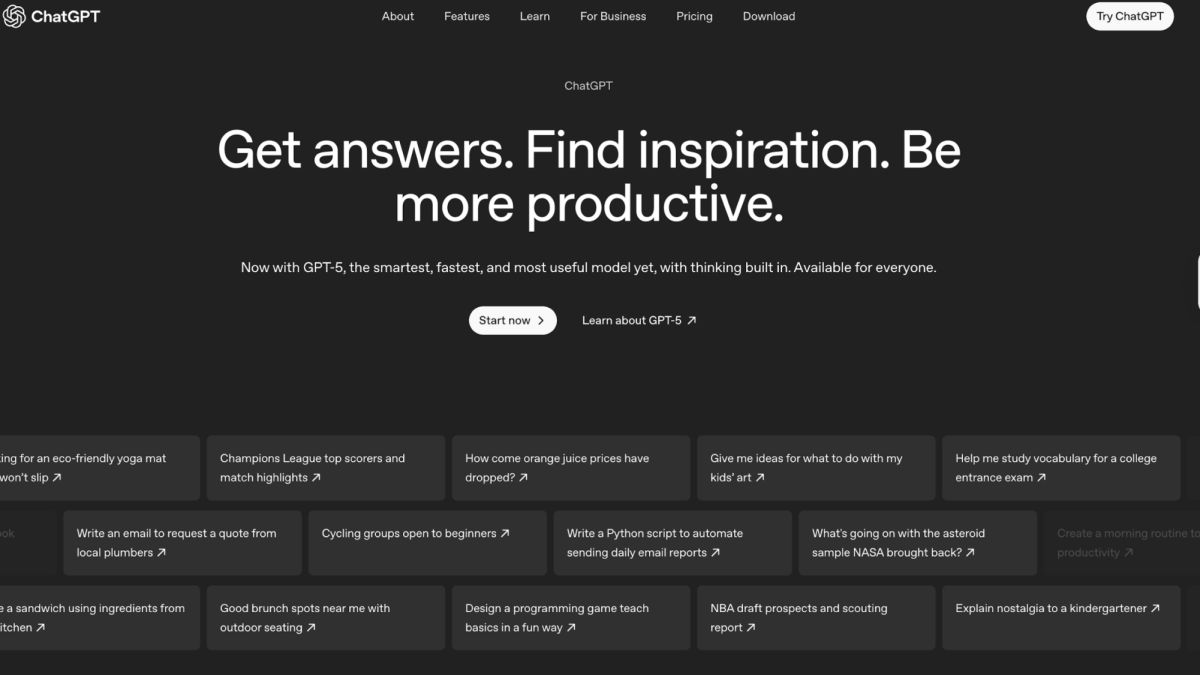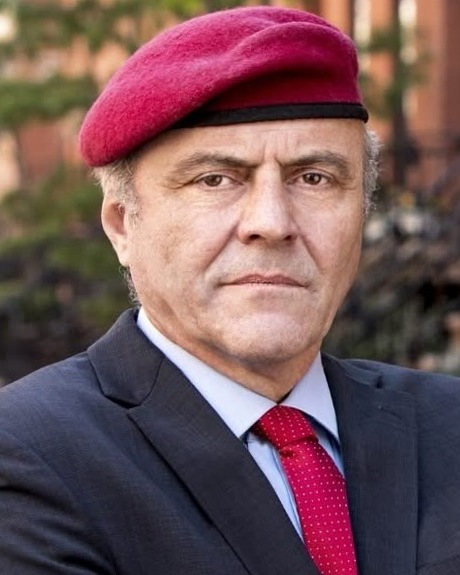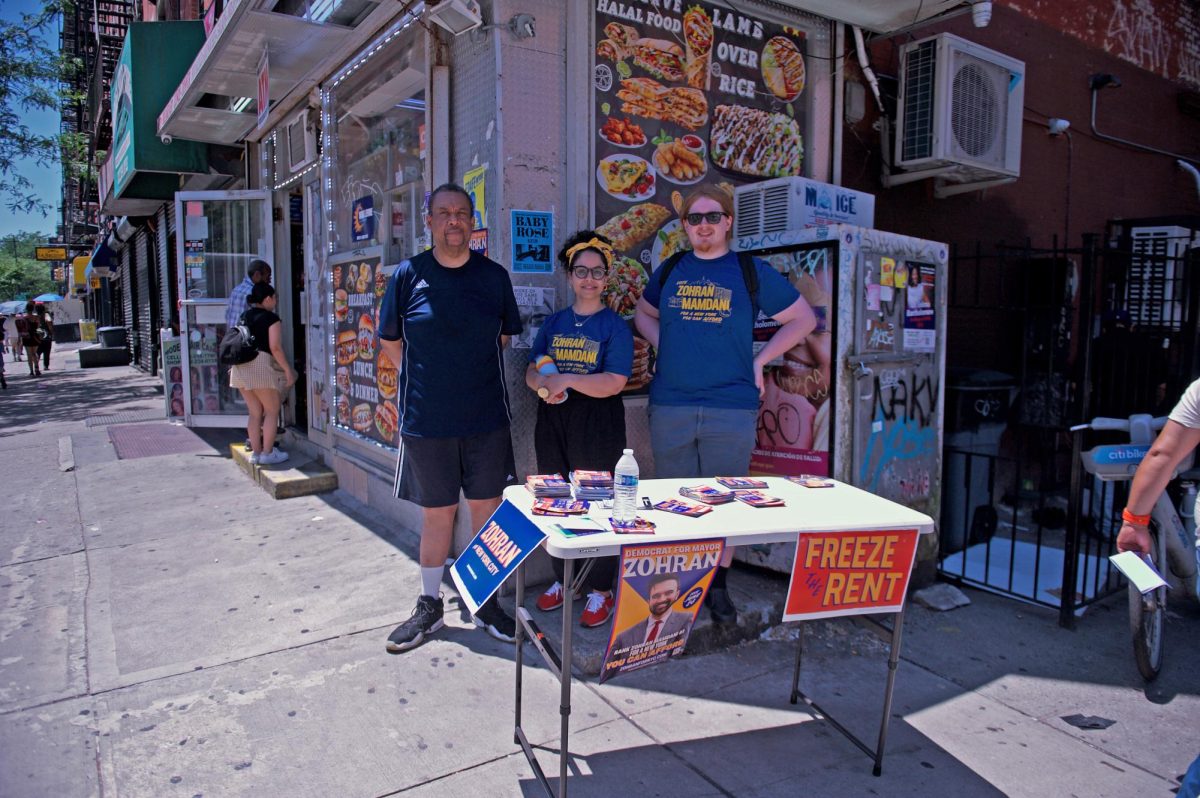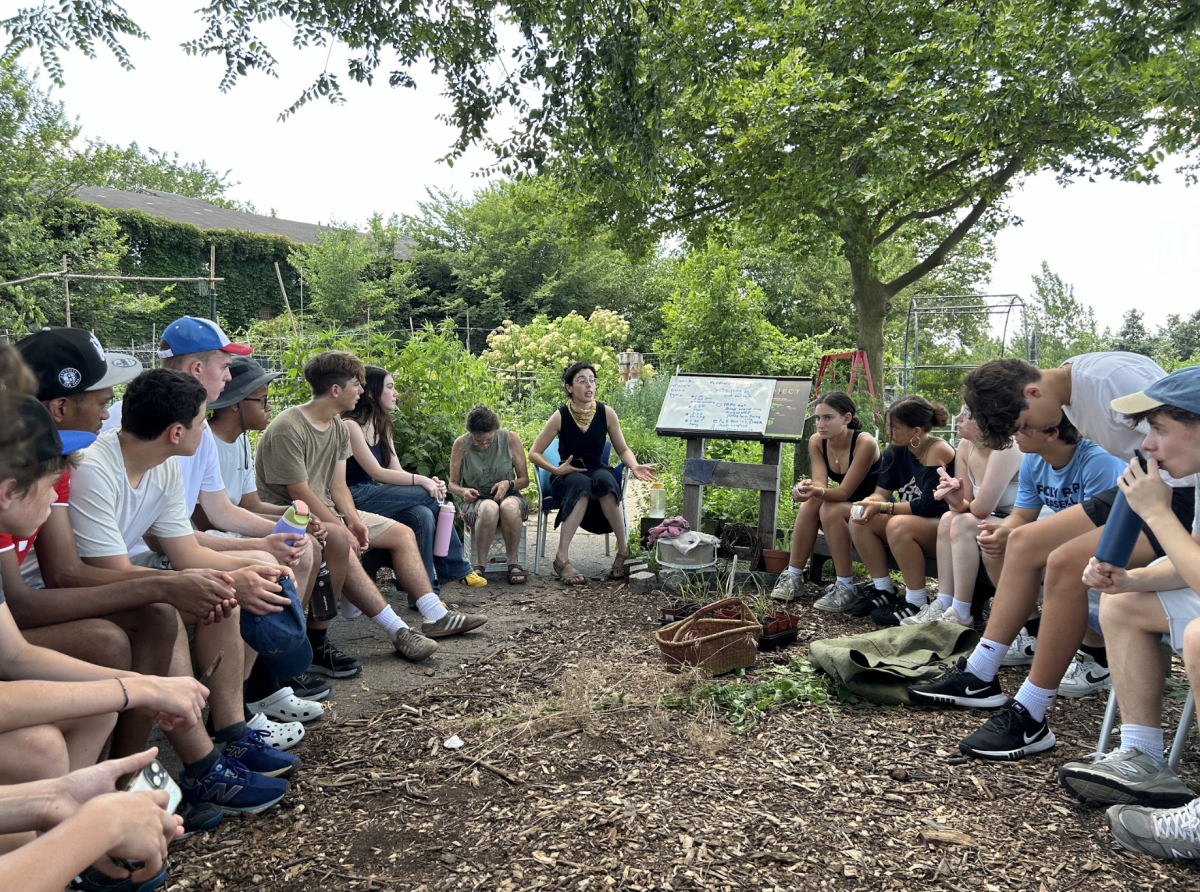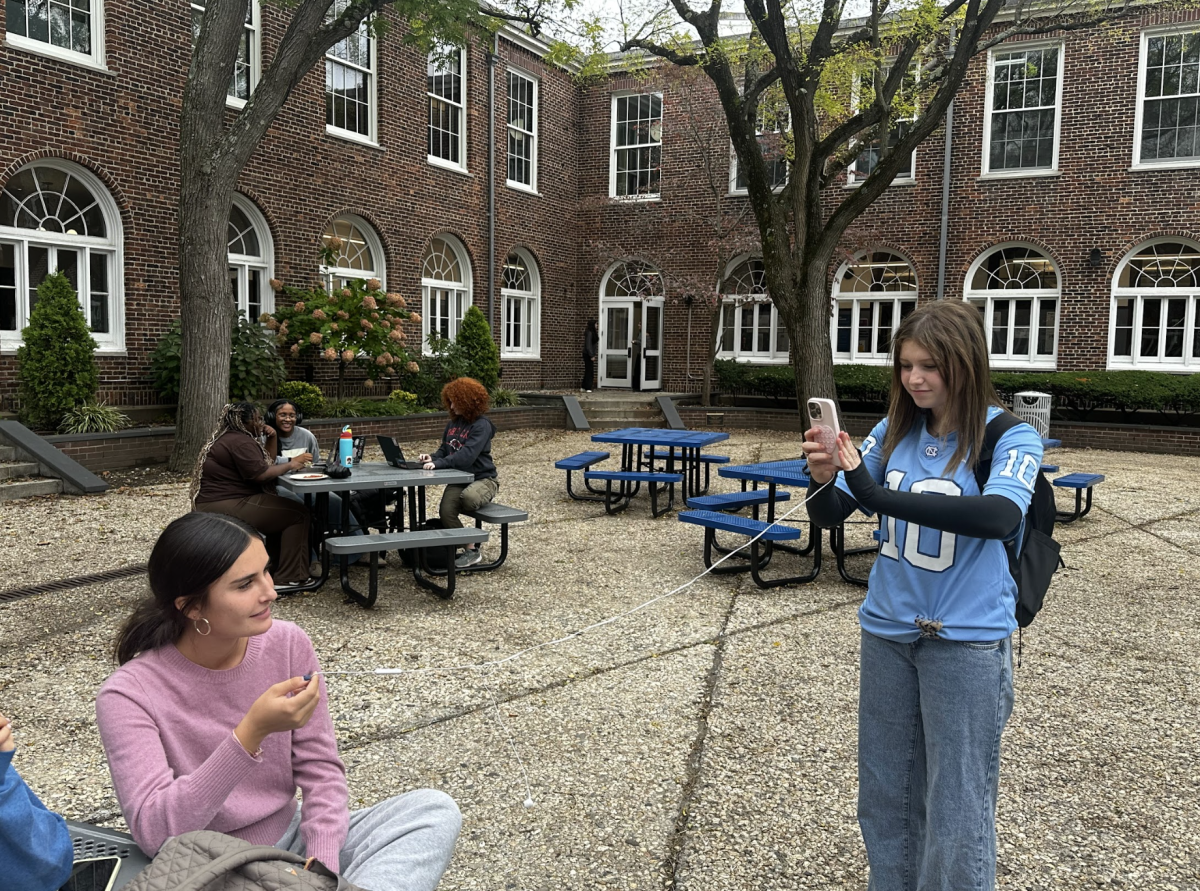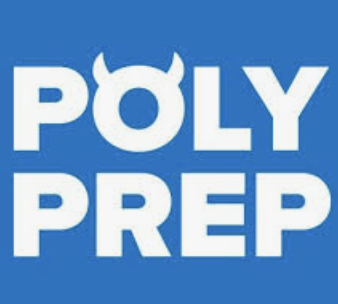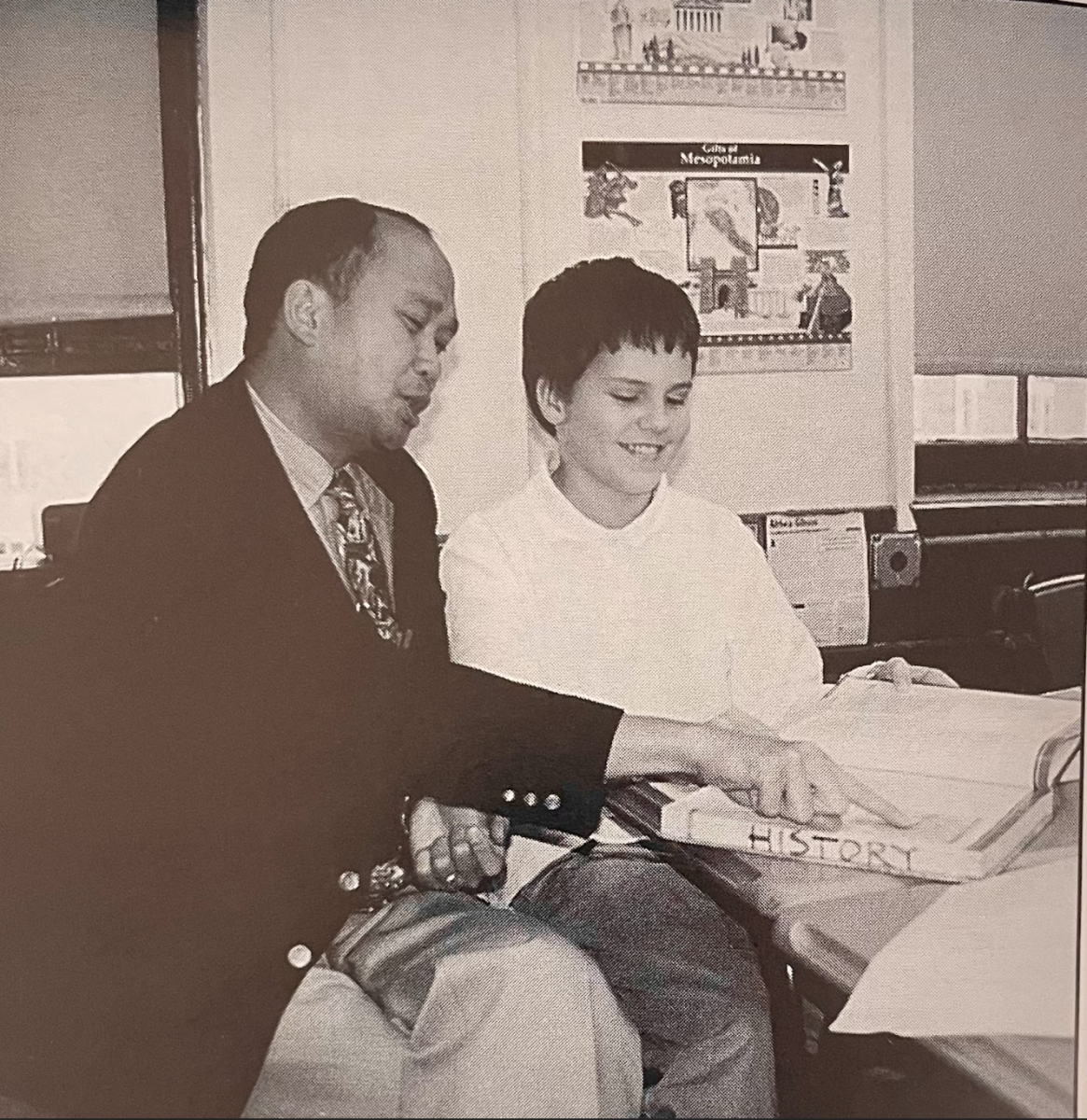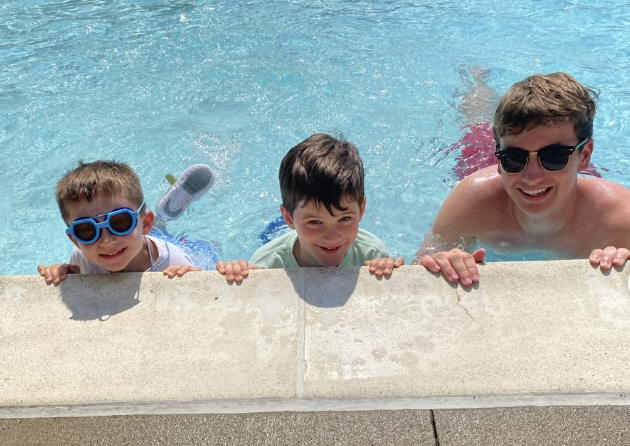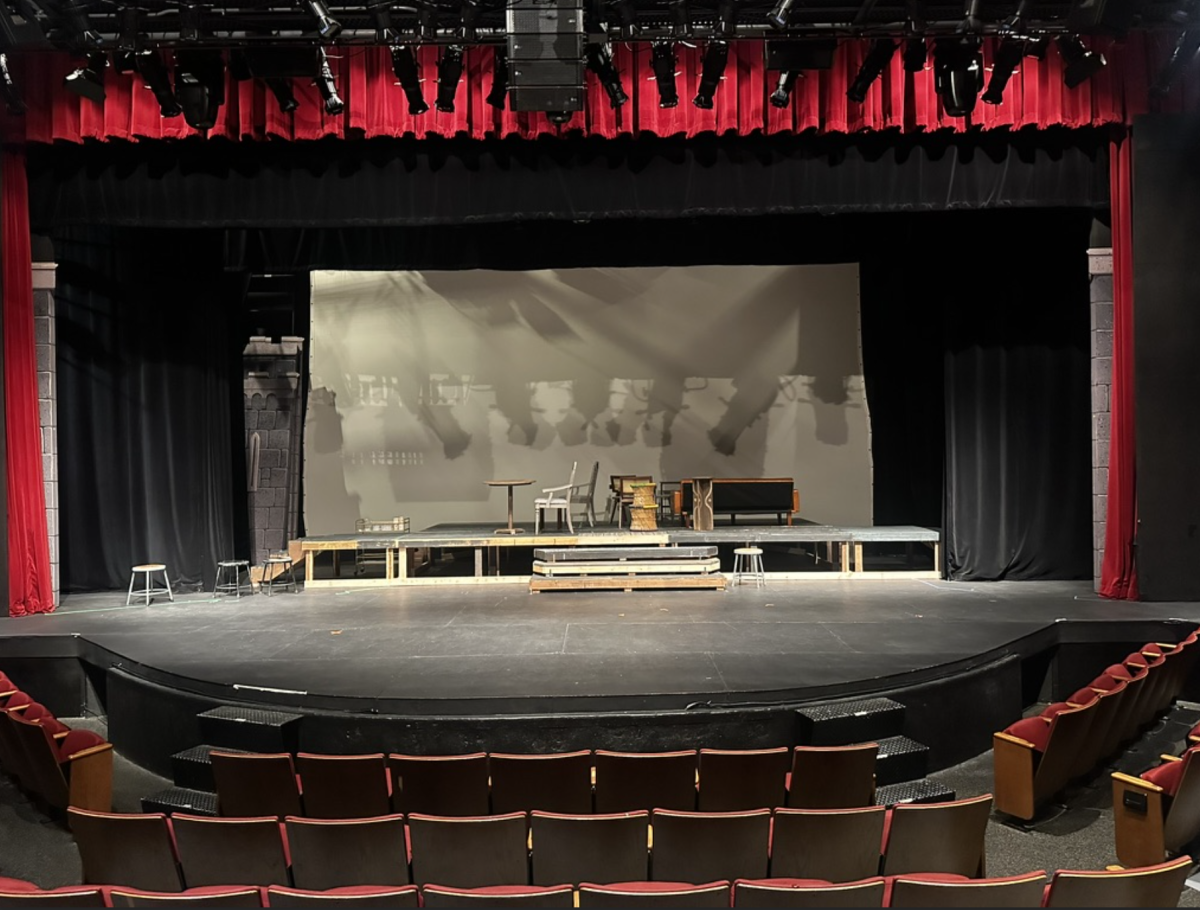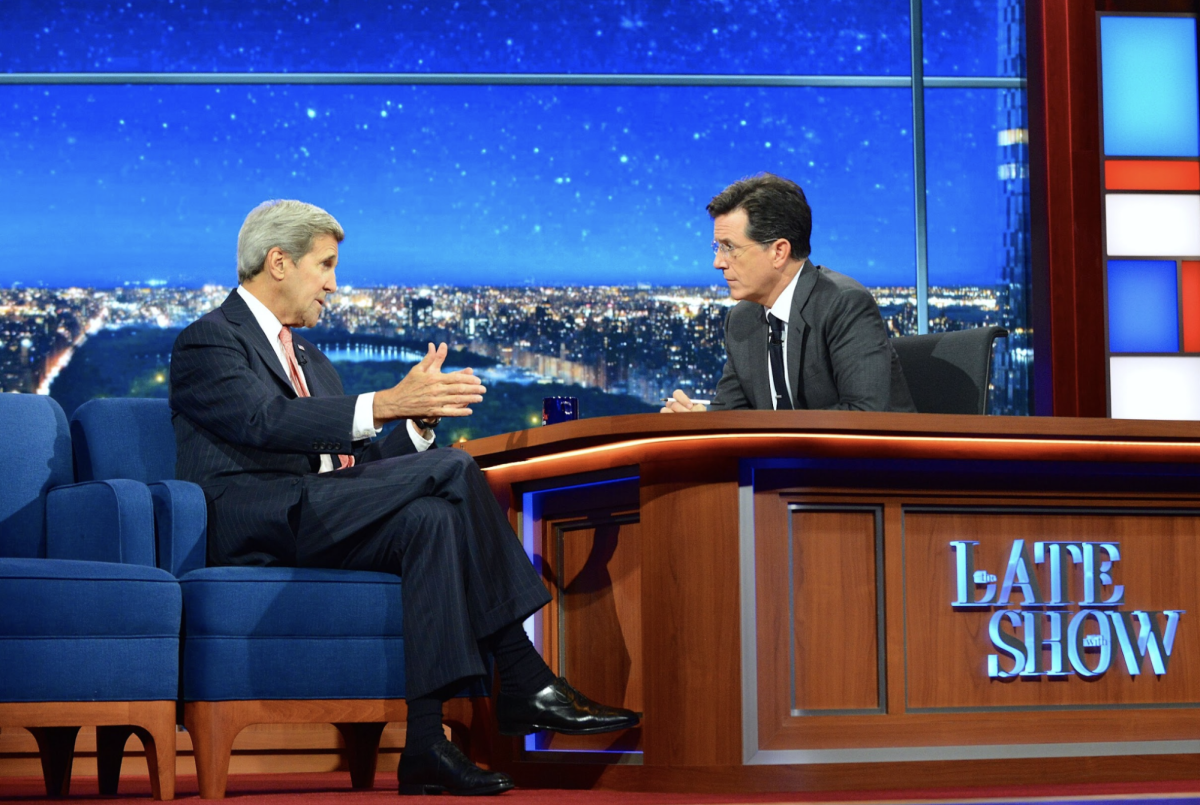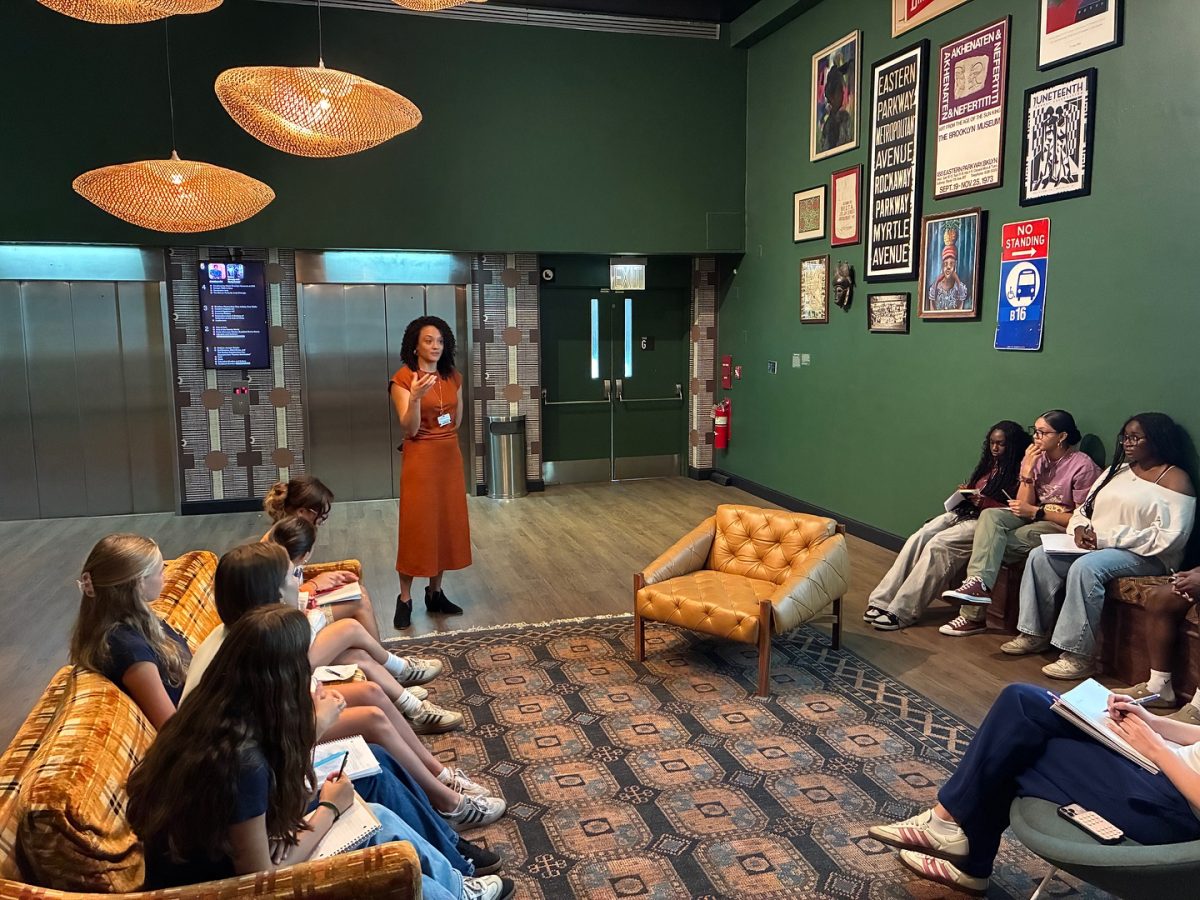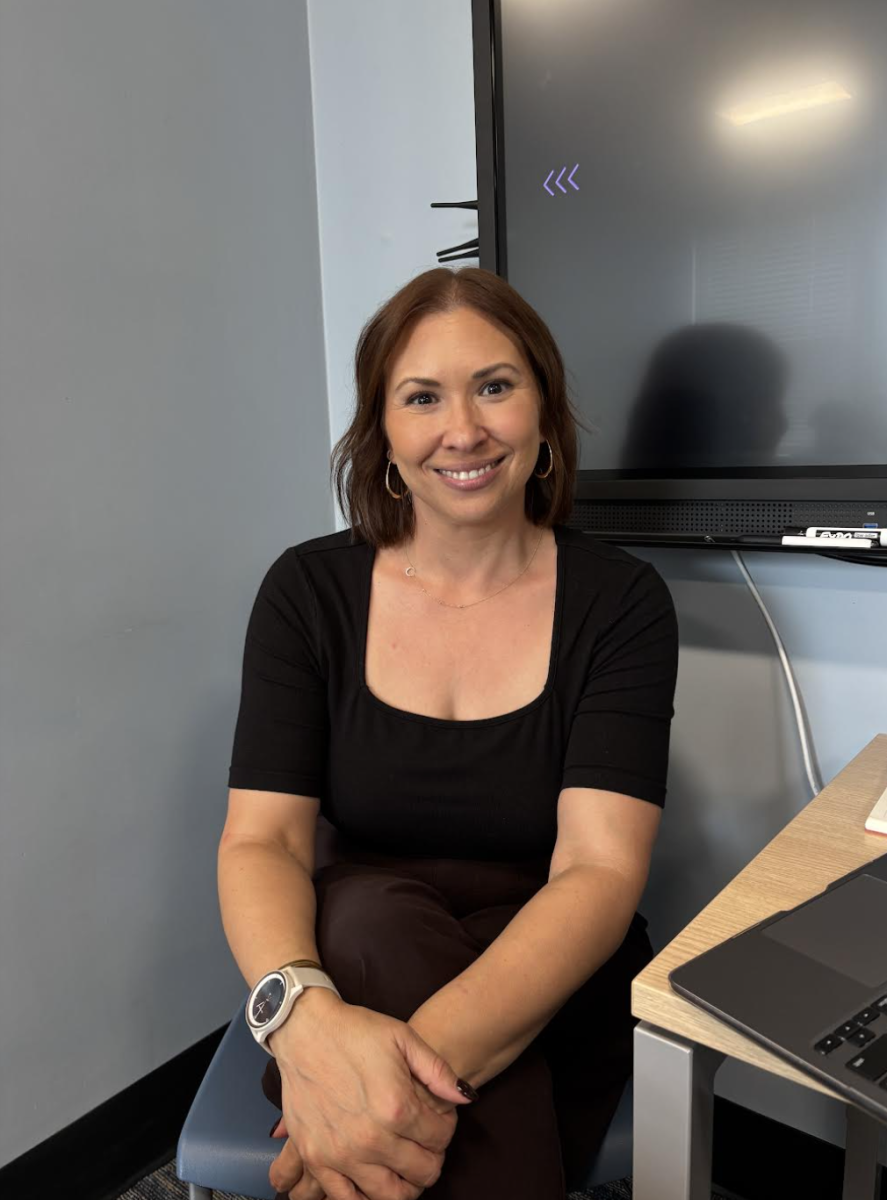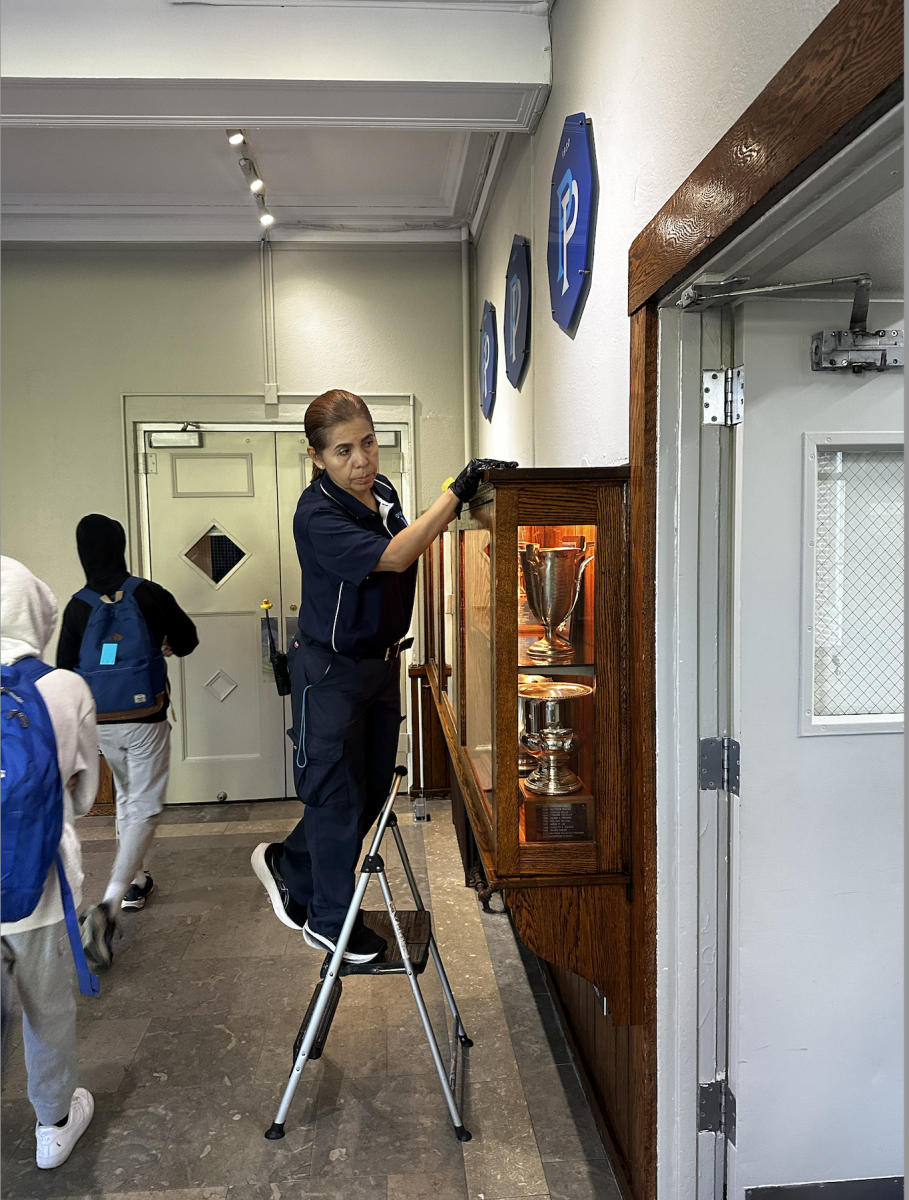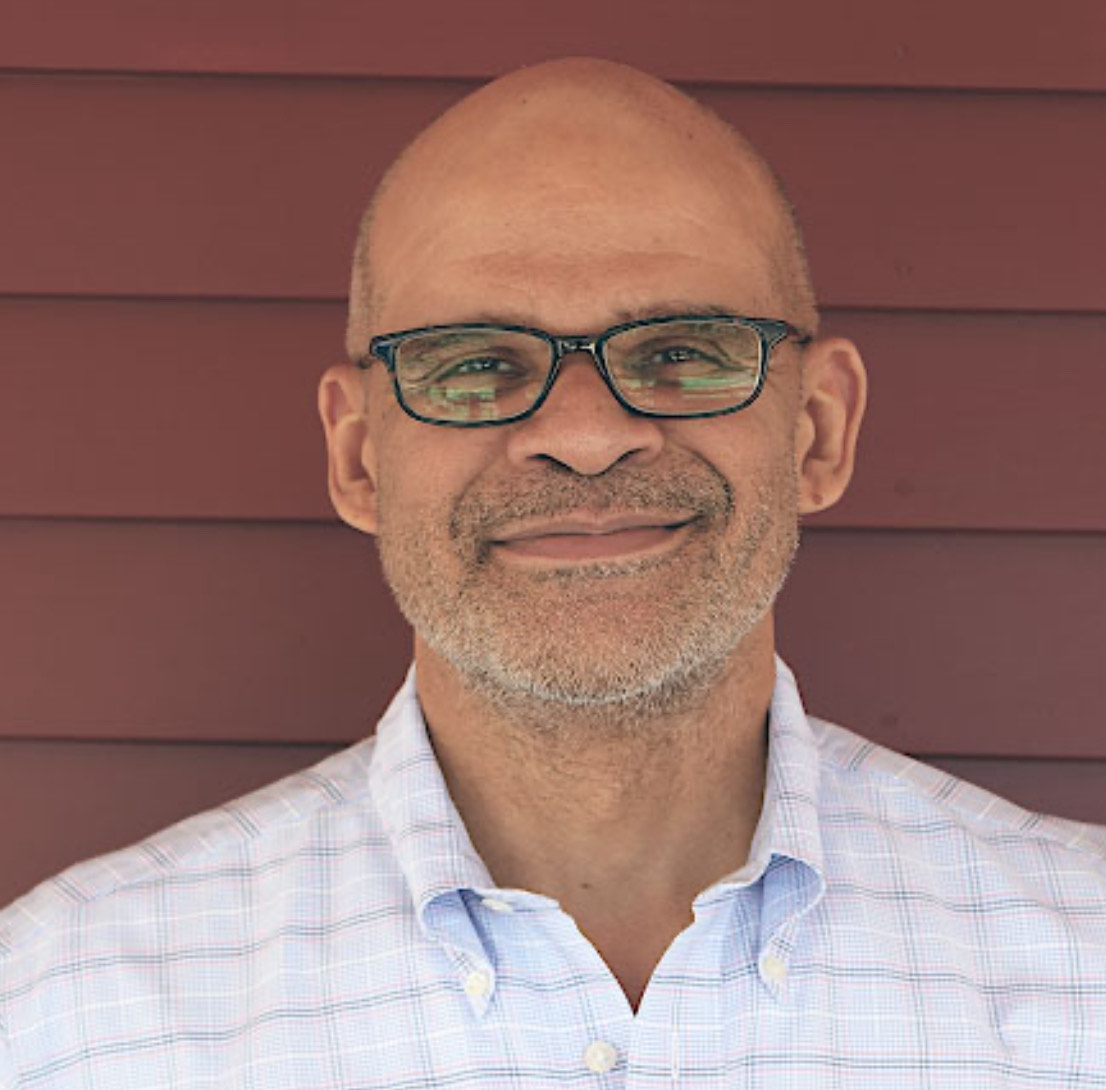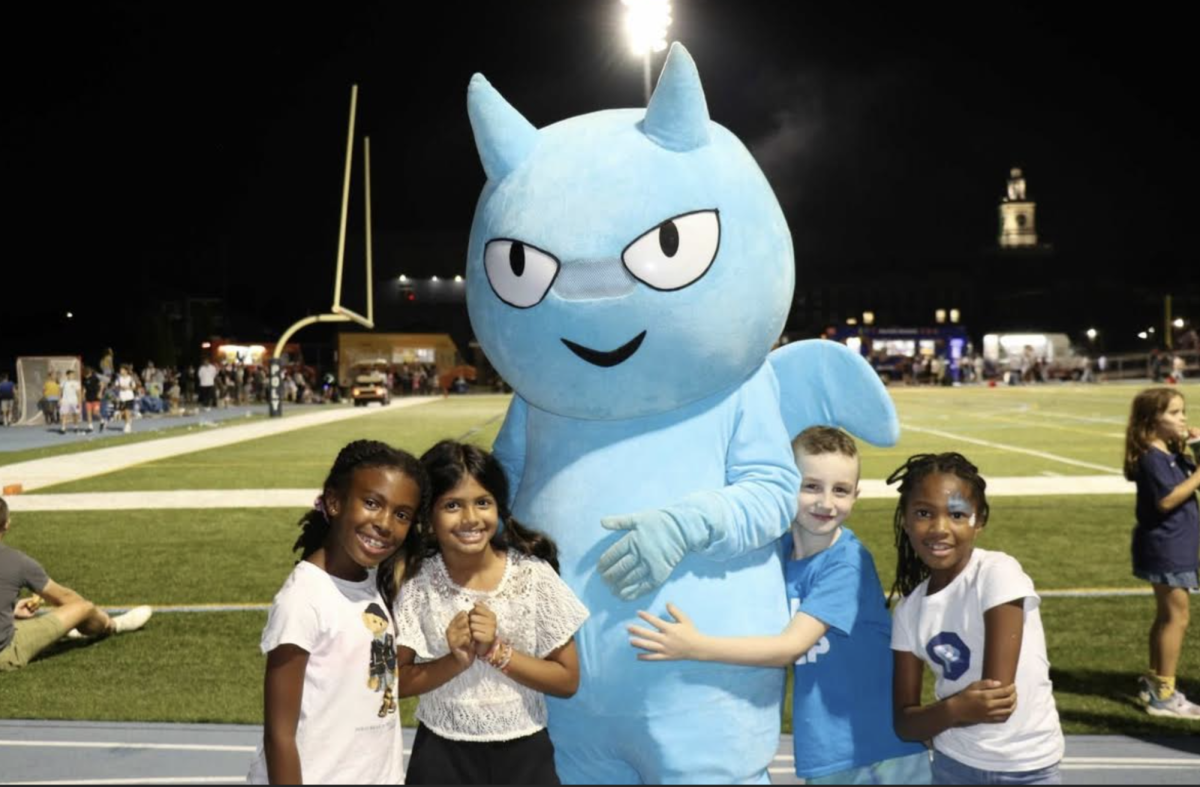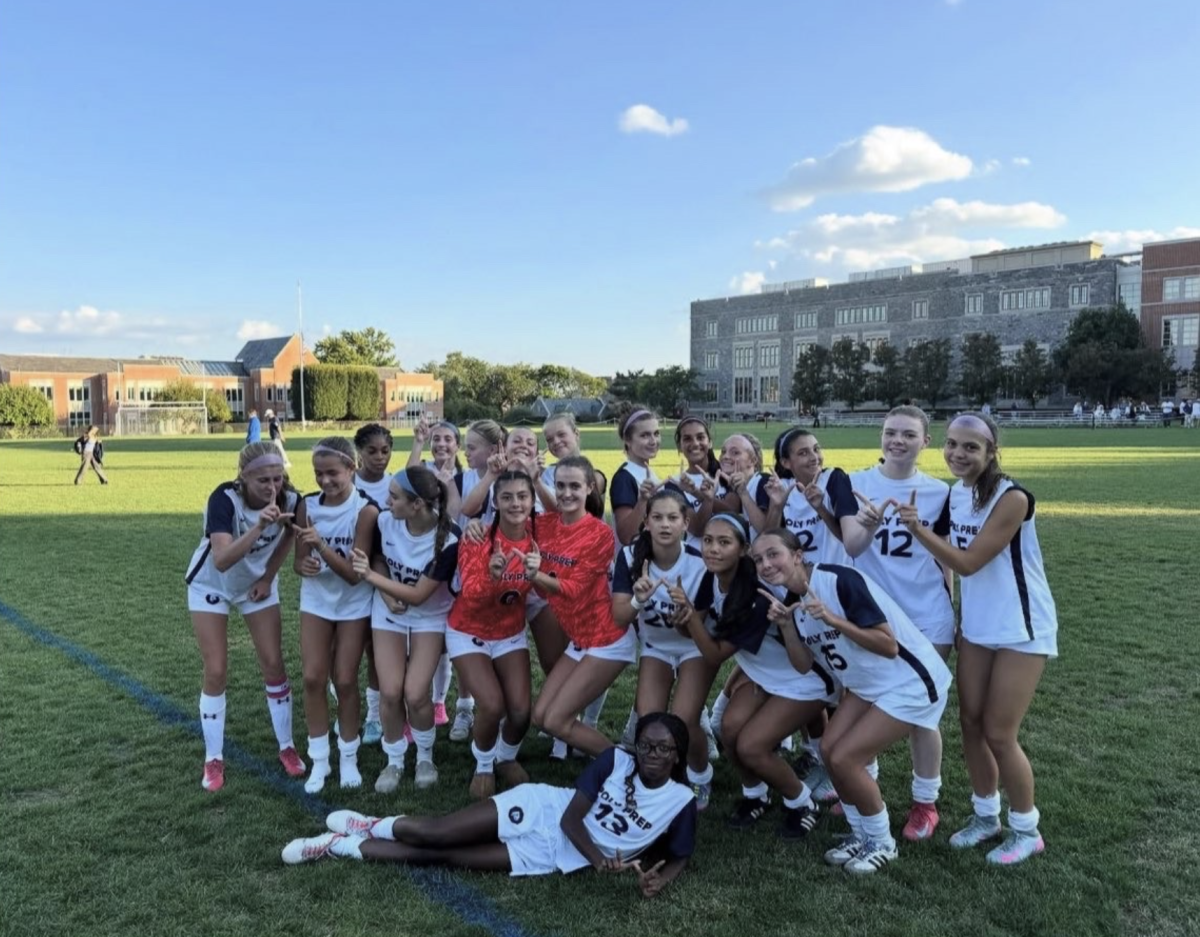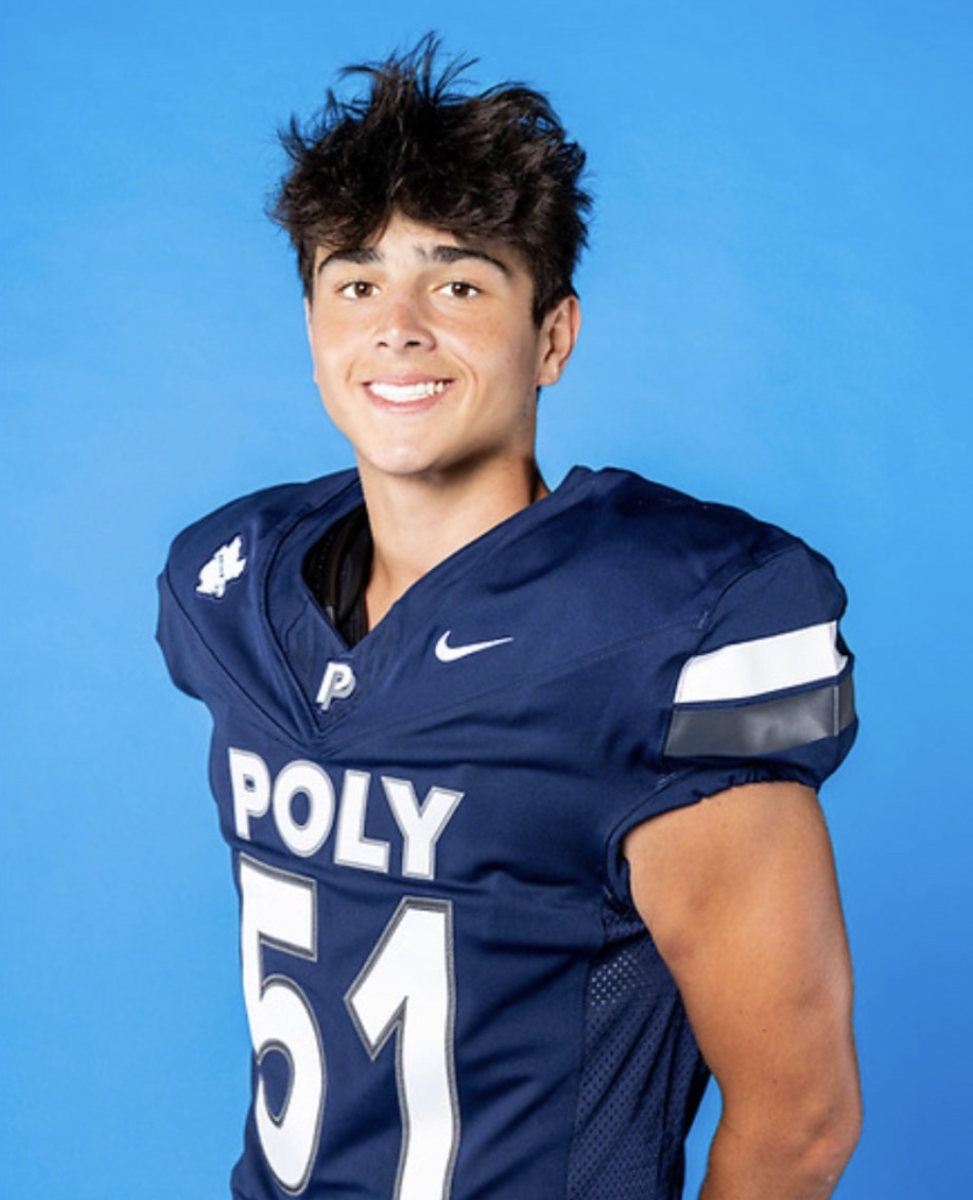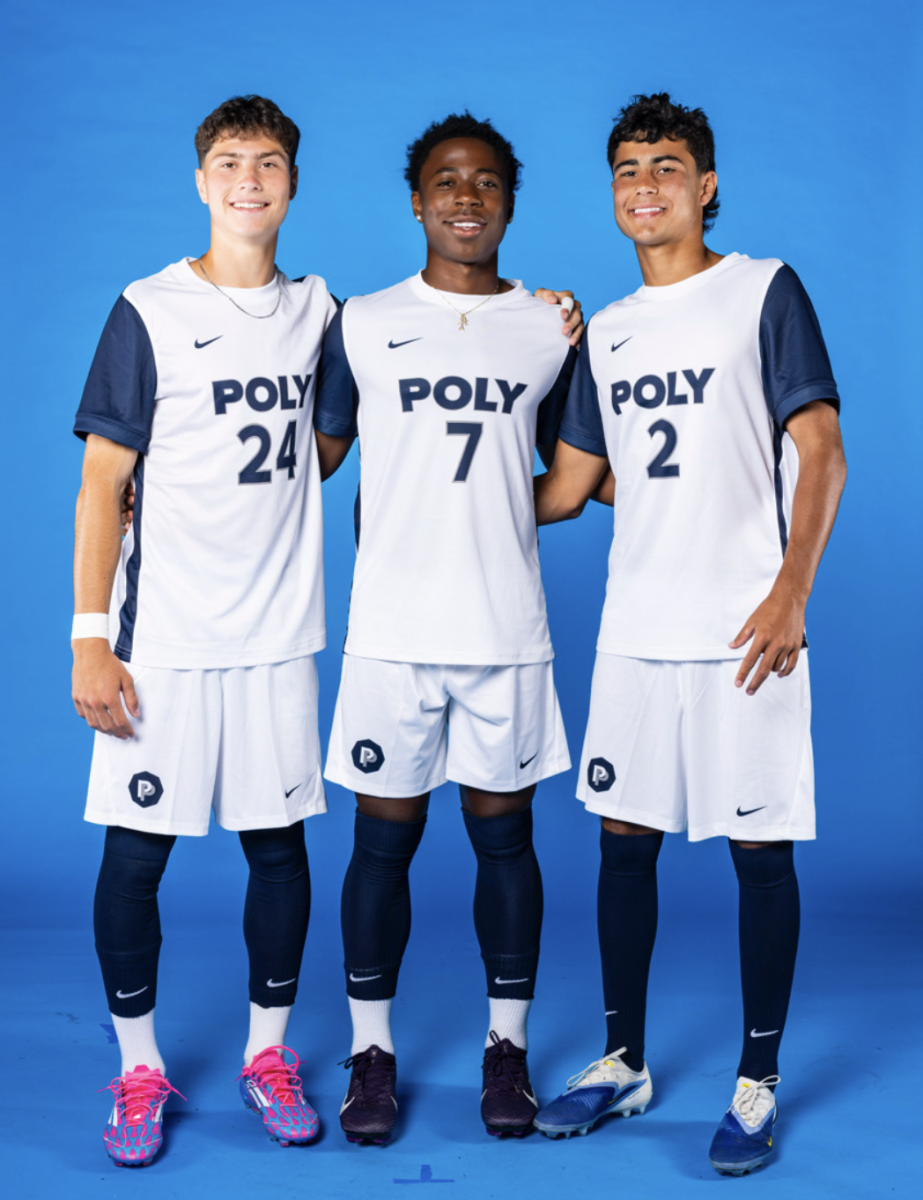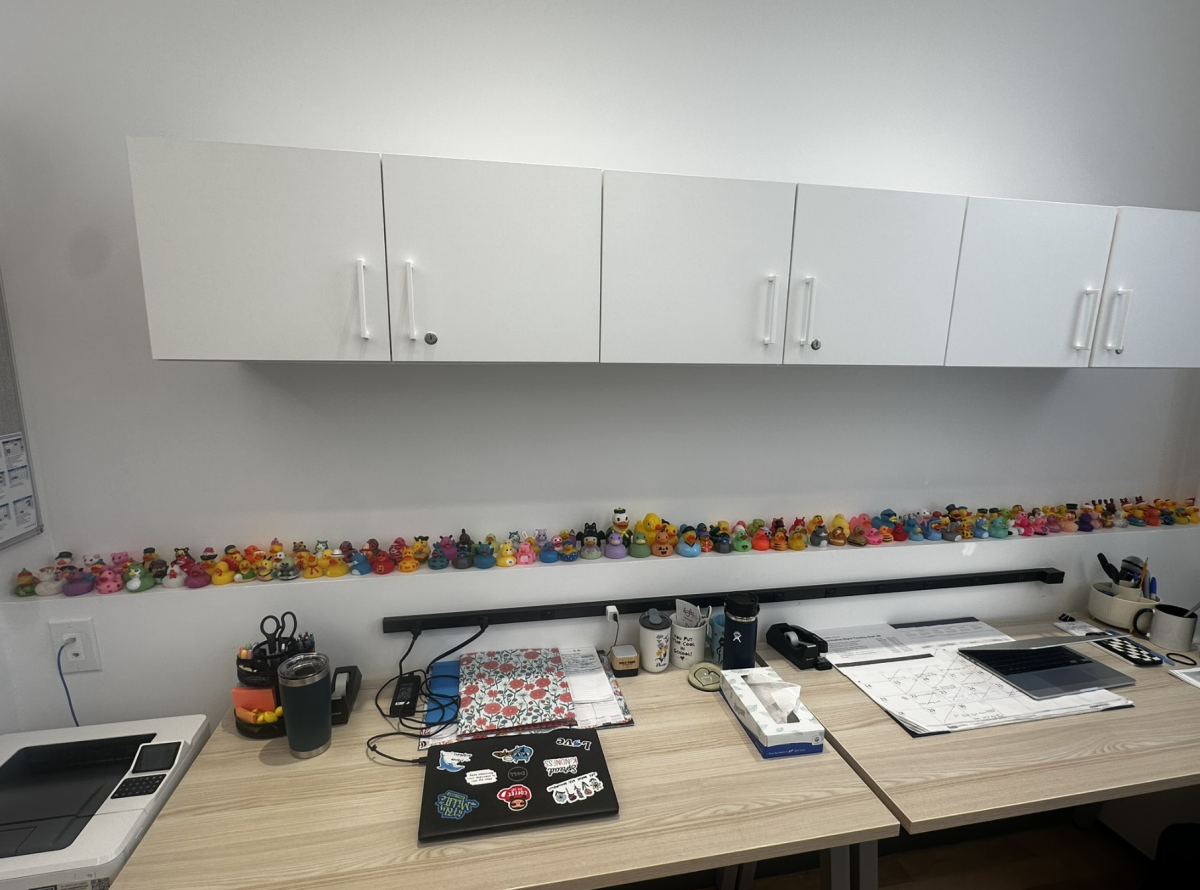In Brooklyn, at 8:45, on a now typical Monday morning, Cherkira Lashley passionately works in her spacious white office decorated with vibrant social justice posters. She immediately sits back in her ordinary black rolly chair working profusely on the mass amounts of tasks she has gained. The work varies from personal student work and organization, creating basketball plays, helping the Christian Affinity group, and so much more. Working at her alma mater Poly Prep, she has now obtained the role as a High School Dean, as well as Varsity Girls’ Basketball Coach.
Everyday, diverse amounts of students flood her office from hour to hour. Whether it’s doing homework or just catching up with her, they come in to just absorb her company. Lashley has adapted to Poly very quickly, which came easy to her by already knowing and being comfortable with the environment. She instantly evolved to so many student relationships and continues to daily. These dynamics “make me satisfied as a faculty member at Poly.” Poly is very different from when she attended the school, and wishes “I could have had these opportunities back then, particularly having strong student-dean relationships to build comfortability around the school and college process.”
She wonders to herself what would have happened if she had never chosen to later work at Poly. As a former student, she explained“I was surprised especially when picturing myself as a role model and conductor for exceeding in school and following the rules.” As she was attending Poly, she didn’t make much of an effort in her school work and instead focused on sports. While she still focuses on sports, she is shocked to find how much she enjoys being a high school dean and involving herself in college admissions.
Lashley was not always in a high level authority position with many opportunities. When Lashley attended the school as a student, she was known as a class clown, and rarely followed the rules. “I was not serious at all, and instead was very playful surrounding work and school. Back when Poly had a dress code, I rarely abided by it.”
Although Lashley has always conducted herself in the teaching district, she has many other passions. As written in the faculty directory, following her high school experience at Poly, she decided to go to college at Wesleyan University. While attending Wesleyan she received a Bachelor’s of Arts Degree in English and African American studies. She is also a key member of the women’s Basketball team and Slam poetry team. She previously worked at Friends Academy, where she taught English, coached Varsity Girls’ Basketball, and served as a junior class dean. Her strong passion to educate and coach spread beyond Friends as she also became the Director of the Brooklyn Youth Sports Club Summer Program designed to provide fitness, personal development, leadership training, mindfulness, and college guidance to young women who dream to play college basketball. Before working at Friends and BKYSC, Lashley was an English teacher at Advanced Math and Science III, while earning a Master of Arts in Adolescent Education at Relay Graduate School for Education.
Lashley had a strong aspiration to teach literature and poetry, and being an English teacher she loved “watching kids learn through reading about somebody else’s experiences because I saw it as being so powerful.” She mentions how in her former schools the culture was very conservative, although not being oppressive. “The environment was kind of polarizing with the communities that identify as conservative in a community that identifies liberal. And there was a lot of tension in sort of the political climate of the school that I didn’t love.” Lashley overall loved her teaching and coaching experiences at Friends and BKYSC, but was ready for a change.
Lashley had previously considered returning to Poly because “I was interested in my desire to come back to a place that was so familiar to me.” She loved attending Poly as a student, however some bumps in the road she encountered built her impulse to fix them. For example, she says “I didn’t have a personal relationship with my dean as a student. It was so fraught that I felt like there was some restoration that I could encounter by coming back.”
When Lashley was a student, “there weren’t six different deans assigned to specific cohorts, there were only deans for the entire upper school who taught multiple other classes.” With so little access and knowledge on deans at the time, she never went out of her way to create a bond with her dean. Seeing how the dean portal operates now, “I am excited to expand my knowledge and understanding upholding the dean position.”
Poly allowed Lashley to grow and develop across many years. “Poly made me who I am today and created lifelong memories for me. My personality was built here,” so the concept of being back and continuing her role at Poly was exciting and intriguing. Lashley found her interest in student education and poetry at Poly, while also building her basketball career. Many aspiring figures at Poly contributed to shaping her life today, such as Coach Junsch, Girls’ Varsity Basketball Coach, and Bud Cox, a former head of Poly Prep. These upstanding role models for Lashley taught her “how to lead with warmth and firmness,” and “created a lifelong passion for basketball.”
As said in a Polygon article, “Lashley was no ordinary candidate,” in the Poly community.” In the article Emily Gardiner, another High school Dean, says, “ ‘I remember very clearly the way [the admissions team] all ran down the hall and said, ‘This is a very special person, this is a very special person.’ ”
She wanted to expand her memories at Poly while also building it up for the better. As said in an article about her in the Polygon, she wanted to share her “wealth of experience to not only the Upper School, but the entire Poly community.”
It all started when, following her prior thoughts of wanting to return back to Poly, Coach Michael Junsch, the Head Girls’ Varsity Basketball Coach, also Lashley’s former basketball coach from when she attended Poly, called her. He stated how he “noticed her coaching at Friends Academy” and he was “ready to retire.” He wanted her to coach with him to later take over in his place. He states how he “didn’t want to just give it to anybody,” she was his former player and he saw a lot in her. She says, “I felt honored that he would think of me as an aspiring coach and I was always grateful and excited about the opportunity to learn under him because he was my favorite coach that I’ve ever had.”
Lashley points out how her teaching at Poly was so much different from all the other teaching jobs she faced. Being a dean at Poly, she is way more involved in communicating with families. “There are more opportunities to just talk to kids about who they are or what they’re interested in. It’s not a part of my job versus like when I was doing it as an English teacher, it was like in addition to my job. I am building more meaningful relationships with kids in ways I didn’t before, and now doing so in informal spaces versus the formal spaces I usually did in classrooms.” She has more authority as a dean and can make decisions on a higher level that she didn’t have access to in her role as a teacher. “I feel grateful that I am the person that is making the decisions.”
Lashley believes it’s “ironic but also really powerful for [her] to just come back and sort of have an opportunity to have a more serious identity here.” She is excited to now be a representation of the rule following, and “I am astonished that I am now holding kids accountable and being a sort of disciplinarian.”
Although she didn’t take school very seriously, she still made many key connections with teachers that still last on today. Maite Iracheta, a Spanish teacher at Poly Prep, thinks of Lashley in a very high manner. “Lashley was a very memorable student and she set a tone or a mood in the class by comparisons, participation, and just her company in the classroom as a student that would come with joy and be ready for whatever would happen in the class. Her demeanor was always very welcoming which made her and others around her happier.”
Lashley is ambitious to rebuild and reconstruct herself in a more serious character in a place where she had the reputation otherwise. She also looks forward to continuing to make vital student-dean connections, expanding her contribution in affinity groups such as the Christian Affinity Group, and “trying to change the culture around the obsession with grades.” Her goal is to make students have a “healthy relationship with failure because the harsh idea of getting perfect grades robs kids of the beautiful aspects of learning and having a space of curiosity in what they learn. This change could be very powerful and beneficial to the Poly community to make kids more content with grades.”
Lashley has many new ideas for the future, but she can’t help to think everyday about how her personality lies in Poly from when she was known as “little Cherkira.” It’s surreal to her “feeling like that kid again” while also having an “ambitious and powerful role and model in the Poly community.”

